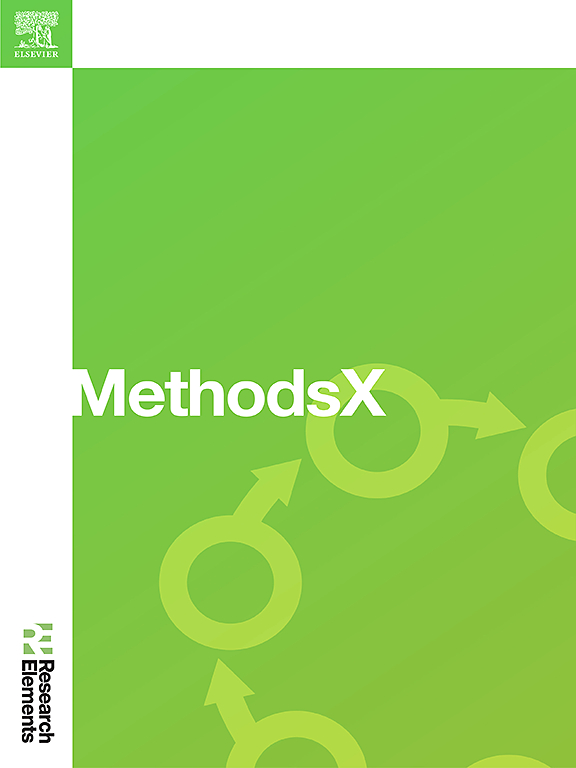区块链模型群优化lyapunov智能合约深度强化智能家居安全任务卸载
IF 1.6
Q2 MULTIDISCIPLINARY SCIENCES
引用次数: 0
摘要
在过去的几年里,智能家居的概念已经得到了认可。关于智能家居的广泛问题包括卸载计算任务,数据安全方面,隐私问题,物联网(IoT)设备的身份验证等等。目前,现有的智能家居自动化解决了这些问题中的任何一个,然而,除了可靠和安全之外,智能家居自动化还需要决策来卸载具有改进QoS(即延迟和吞吐量)和系统功能的计算任务。为了解决这些差距,提出了一种qos改进方法,称为智能家居中的区块链模型群优化李雅普诺夫智能合约深度强化任务卸载(BSOLSC-DRTO)。BSOLSC-DRTO方法分为基于粒子群优化Lyapunov模型的卸载计算任务和时间差分深度强化安全卸载两部分。首先,为了解决卸载问题,从而提高QoS,我们使用Lyapunov优化函数开发了一个粒子群优化Lyapunov模型。这个优化问题的目的是最小化延迟并显著提高吞吐量。其次,为了提高卸载安全性,我们提出了一种基于时间差深度增强安全卸载模型的可信访问控制,可以保护设备免受非法卸载。然后应用时间差分函数处理队列中卸载决策的计算管理,从而提高智能合约在卸载计算任务时的准确性和精度。实验和数值模拟结果表明,BSOLSC-DRTO方法与现有方法相比具有显著的优势。•开发粒子群优化Lyapunov模型,以最大限度地减少延迟并显着提高吞吐量。•提出了一种用于可信访问控制的时间差深度增强安全卸载模型,保护设备免受非法卸载。本文章由计算机程序翻译,如有差异,请以英文原文为准。

Blockchain modeled swarm optimized lyapunov smart contract deep reinforced secure tasks offloading in smart home
Over the last few years, the conceptualization of Smart Home has received acceptance. The extensive issues regarding a smart home include offloading computational tasks, data security aspects, privacy issues, authentication of Internet of Things (IoT) devices, and so on. Presently, existing smart home automation addresses either of these issues, nevertheless, Smart Home automation that also necessitates decision-making for offloading computational tasks with improved QoS (i.e., latency and throughput) and systematic features apart from being reliable and safe is a definite necessity. To address these gaps in this, work a QoS-improved method called, Blockchain-modeled Swarm Optimized Lyapunov Smart Contract Deep Reinforced Tasks Offloading (BSOLSC-DRTO) in smart home is proposed. The BSOLSC-DRTO method is split into two sections, namely, Offloading Computational Tasks based on the Particle Swarm Optimized Lyapunov model and Temporal Difference Deep Reinforced Secured Offloading. First to solve the offloading issue and therefore improve the QoS, we developed a Particle Swarm Optimized Lyapunov model using a Lyapunov optimization function. This optimization problem aims to minimize latency and improve throughput considerably. Second, to boost the offloading security, we propose a trustworthy access control using the Temporal Difference Deep Reinforced Secured Offloading model that can safeguard devices against illegal offloading. Then to handle the computation management for addressing the offloading decisions in the queue temporal difference function is applied, therefore improving the smart contract accuracy and precision involved in offloading computational tasks. Evaluation results from experiments and numerical simulations exhibit the notable advantages of the proposed BSOLSC-DRTO method over existing methods.
- •Develop a Particle Swarm Optimized Lyapunov model to minimize latency and significantly improve throughput.
- •Proposed a Temporal Difference Deep Reinforced Secured Offloading model for trustworthy access control, protecting devices against illegal offloading.
求助全文
通过发布文献求助,成功后即可免费获取论文全文。
去求助
来源期刊

MethodsX
Health Professions-Medical Laboratory Technology
CiteScore
3.60
自引率
5.30%
发文量
314
审稿时长
7 weeks
期刊介绍:
 求助内容:
求助内容: 应助结果提醒方式:
应助结果提醒方式:


